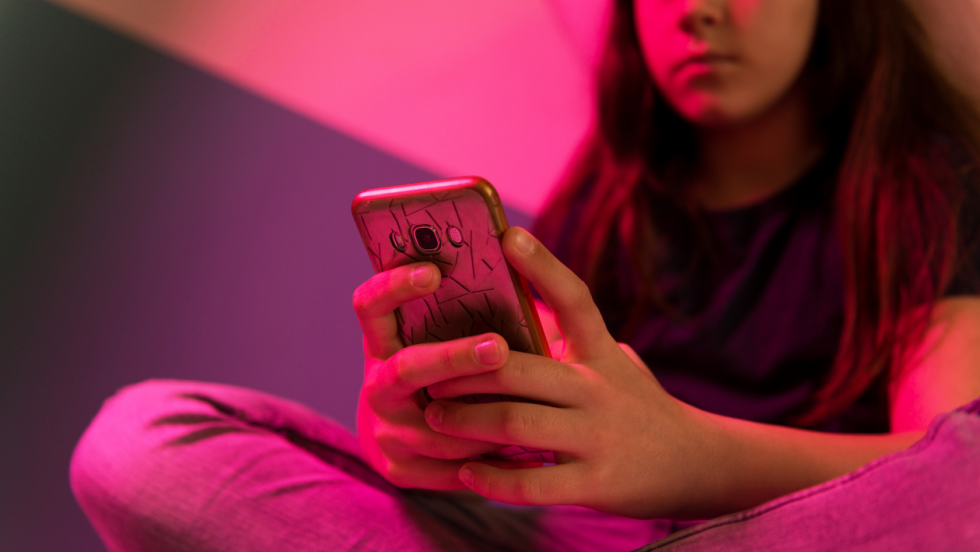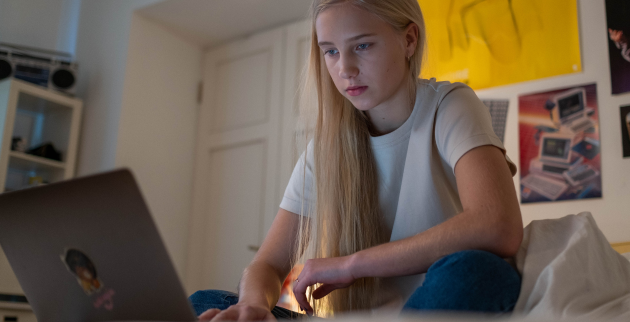Pornography

Pornography shows or describes sex or naked people in a very open and direct way, to create sexual excitement. It can be images, including drawings and photographs, videos, audio and writing. Pornography is also described as explicit or obscene.
Take action: Find out about the facts and the risks of viewing online porn from Childline - including healthy relationship information.
Risks to health
Using pornography regularly can lead to health problems:
- Unrealistic or unsafe expectations of relationships
- Problems forming safe relationships
Instant Expert: We know porn can harm young people from research by the NSPCC and other organisations.
Getting support
People tend to do the same things as their friends, so it can be hard to tell if there is a problem. A good starting point is to ask three questions. These can be about yourself, or someone else:
- Am I worried about use of pornography?
- Am I using it often, or when I should be doing other things?
- Is my use of pornography hurting relationships, causing stress, or having an effect on study or work?
If you have answered yes to any of these questions, then there may be a problem.
Crucial: If you are concerned about harm from pornography use to you or anyone else, support is available. Start looking for help by talking to your School Health Nurse.
Pornography can break the law
Some kinds of pornography are illegal. Examples of this include:
- Any kind of pornography that shows a child (under 18)
- Violent sexual images
It is a crime to own this kind of image (for example, having it on your mobile phone), send it, or show it to other people. It is also a crime to create these images, even if they are pictures of yourself.
Instant Expert: From what's legal to how to report, from why people watch porn to how it can affect their relationships, Brook, the sexual health and wellbeing charity, has useful information.
Sexting
Young people who take or send nude images of themselves are breaking the law, if they are under 18. This is sometimes called sexting.
Sexting is always a crime when the person is under 18, but the police are usually only involved if there has been some serious harm as a result.
Take action: If a nude image of a child has been shared online, you can get it removed using the report, remove tool from Childline.


